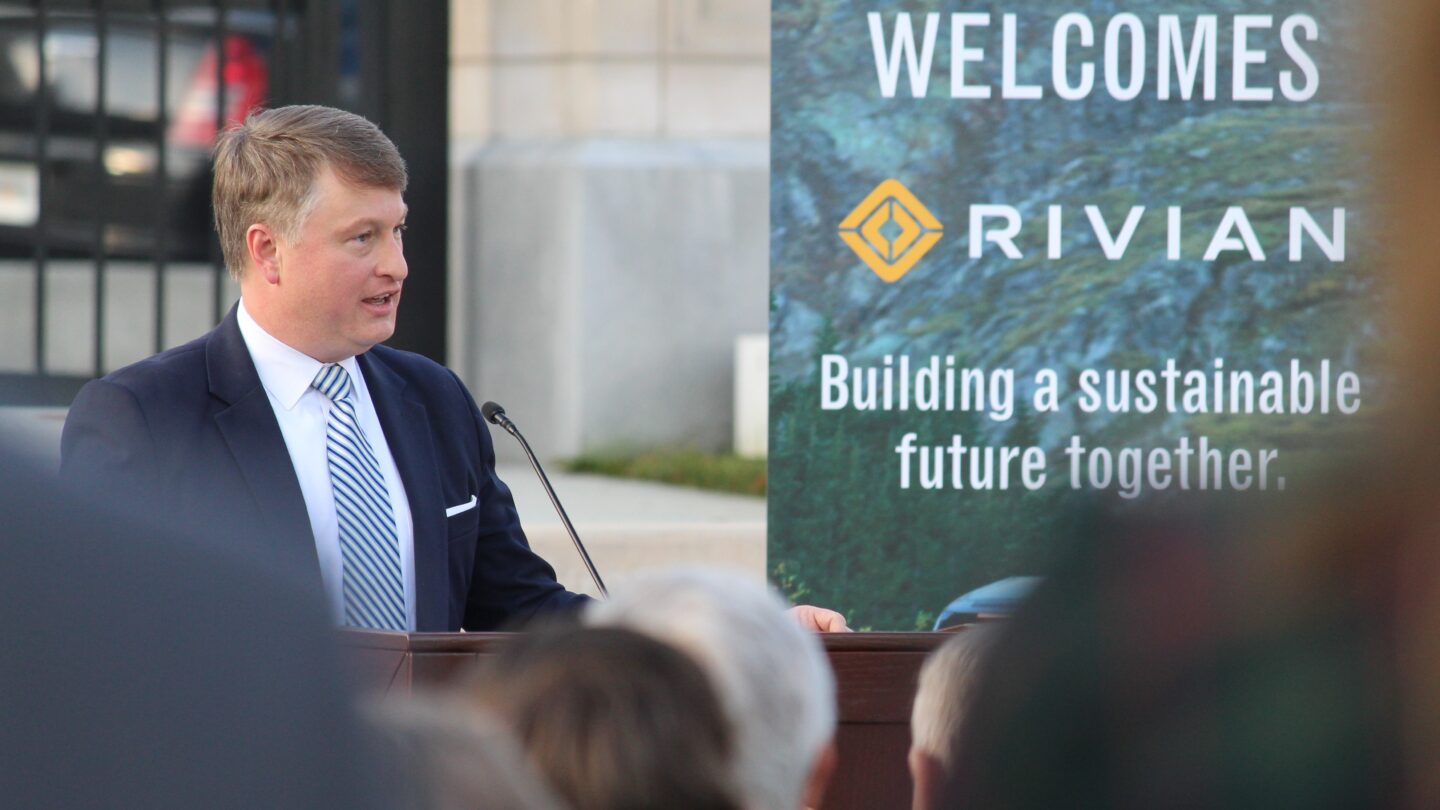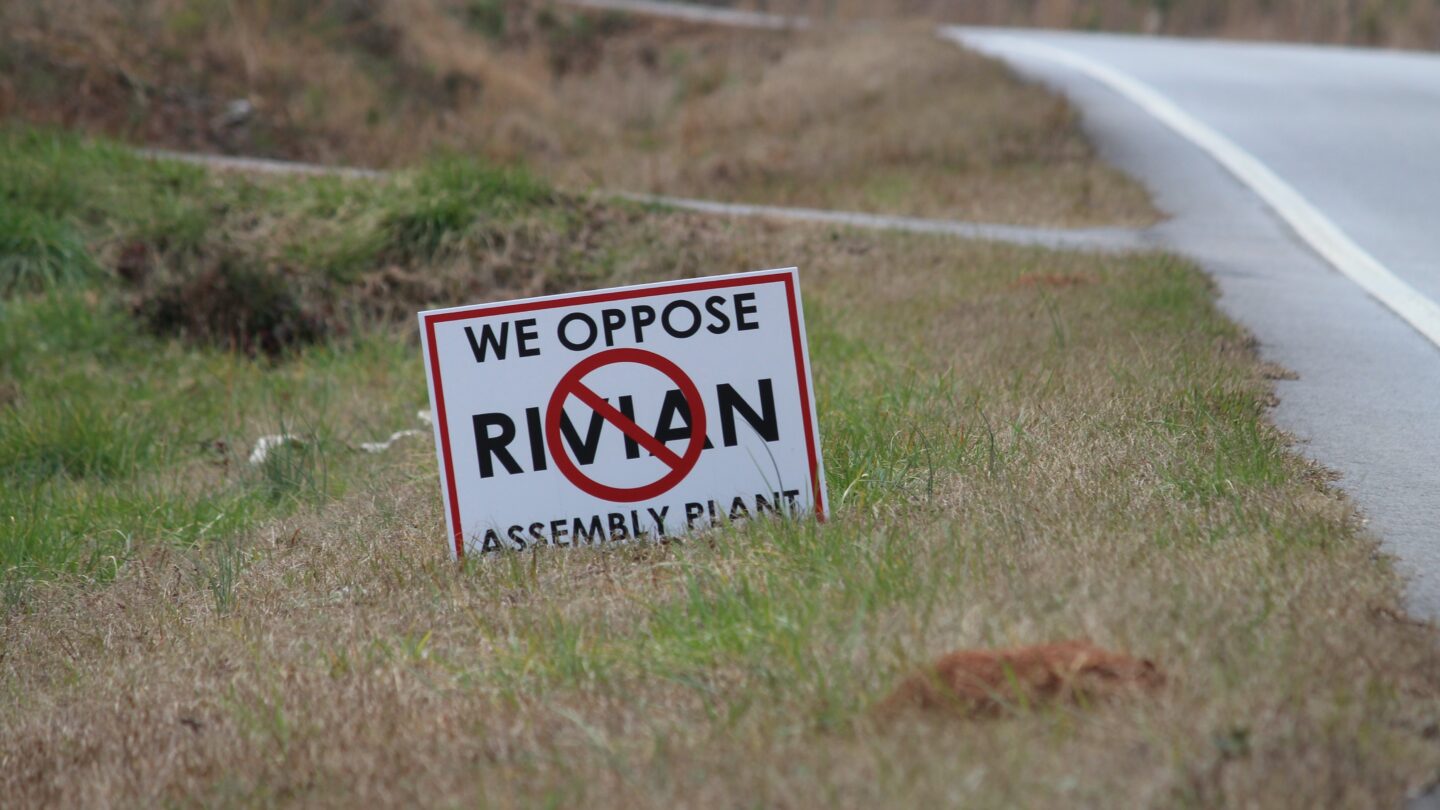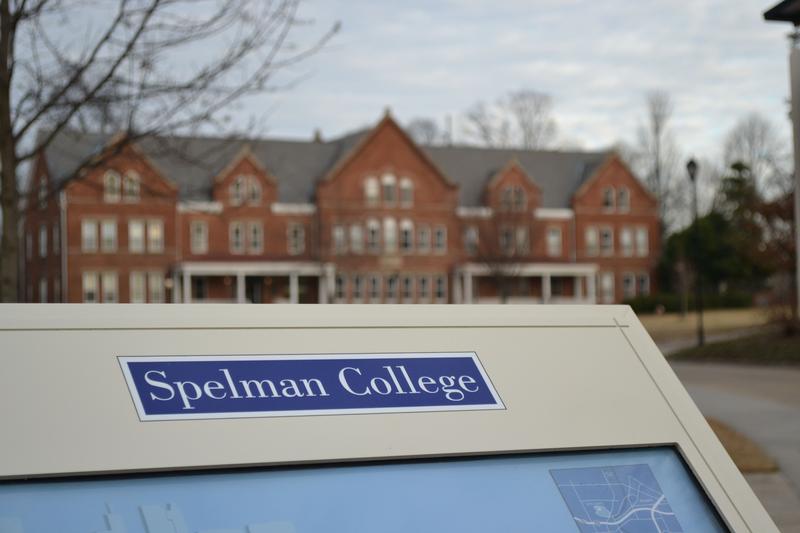With local leaders facing significant community backlash and a tangled web of regulations, the state of Georgia has agreed to take the lead on the development of the Rivian electric vehicle plant east of Atlanta.
The largest economic deal in Georgia’s history has opposition from some neighbors who fear it will upend their way of life.
Pat Wilson, Georgia’s economic development commissioner wrote in a letter Monday that the state will establish a “consolidated approach for environmental compliance, public input, and community benefit”.
The letter was in response to a request for help from the four-county Joint Development Authority which had been overseeing things. Monday’s development was first reported by the Morgan County Citizen.
The JDA says it was both encouraged and challenged by the public response to the electric vehicle plant. It also said that ensuring the facility complied with all federal, state and local laws “requires a higher resource level than we can bring to bear locally.”
The letter was sent by the JDA chairman Jerry Silvio. The chairman of Newton, Morgan, Jasper and Walton counties co-signed the letter. It acknowledges that in order for the state “to carry out this process, it will take title to the real estate.”
As part of this year’s budget proposal, Gov. Brian Kemp wrote to state legislators that the state had agreed to provide $125 million for “land and training development opportunities” as part of the deal with Rivian.










